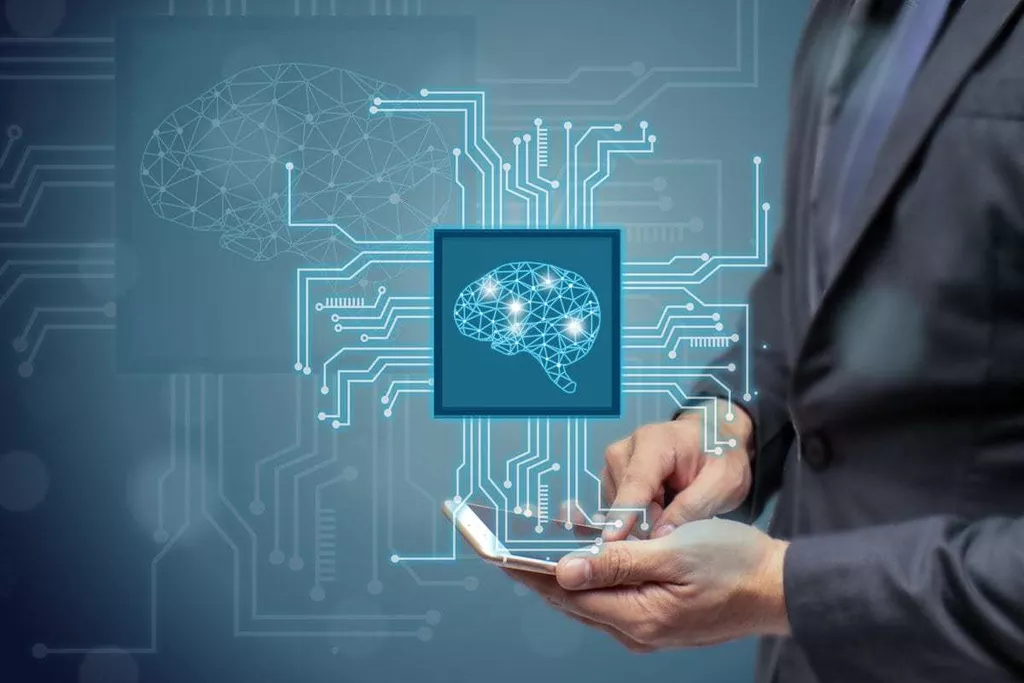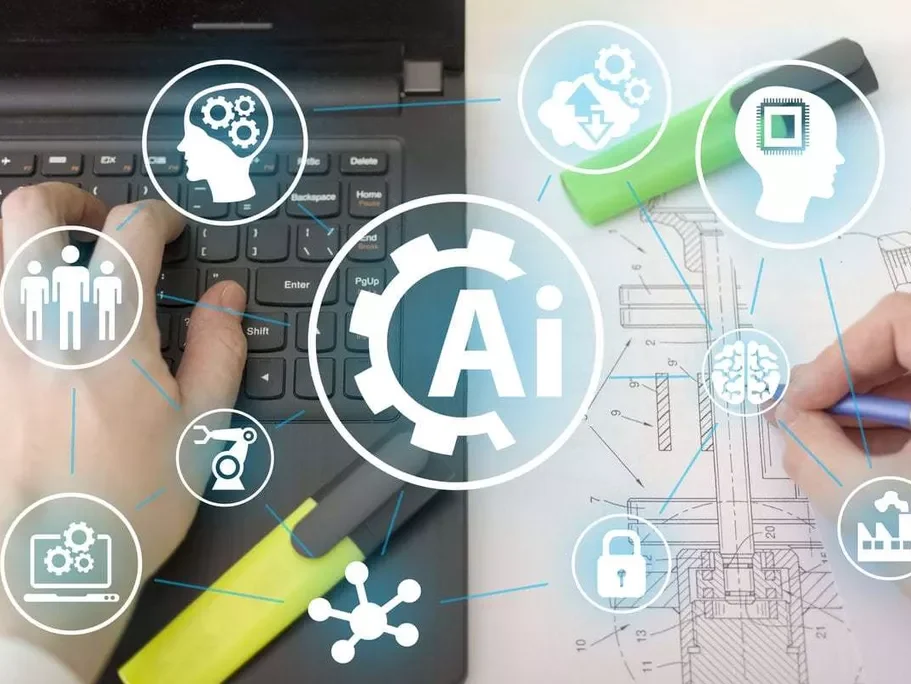Most of the physical and technological advances of the last decades are based on software. Programs ranging from Netflix home video to Amazon’s drone delivery services are creating a new era in science where everything is easy and complex processes can be automated with a few buttons. Many companies have adapted to such changes and are launching systems that cover the process of creating software and its entire life cycle.
Recently, many advanced systems have appeared, from cloud hosting to advanced facial recognition and information analysis. However, artificial intelligence is the most popular among new technologies in the development area.
How does AI improve software development?
Traditional software development will remain, but it is doomed to a modern transformation thanks to AI. Standard software may handle key components easily, including product interface, security, and information administration. Artificial intelligence methods help the software development life cycle to improve its quality by supporting the following options:
- Fast prototyping: business requirements for software development require a lot of time and careful planning. With the help of machine learning (ML), developers simplify all processes by creating algorithms to reduce the documentation period. These techniques will include natural language visual interfaces that may recognize and identify patterns.
- Error control: when the user provides the AI technology with past data and analytics to their AI-based helper, the system can learn from experience and identify common errors. Operations teams may use post-deployment machine learning to pre-flag errors and find anomalies through system log analysis.
- Intelligent assistants: developers must spend a lot of time and effort reviewing documentation and troubleshooting. With Virtual Programming Assistants, they can save time by simply providing operational guidelines and bits of advice, including best practices, code examples, and related documents.
- Code refactoring: developers want to deal with clean and straightforward code. AI-enabled tools make code refactoring easier because they enable effective team collaboration. It is especially true for significant updates with massive refactorings and lengthy maintenance.
- Accurate estimates: people who have dealt with software developers know that they often refuse to make accurate forecasts of timelines and costs. AI trained on information from past projects can accurately estimate time, effort, and financial costs. A good forecast requires experience and knowledge of the context, and AI does an excellent job with such a task. Artificial intelligence also helps to predict the obstacles a developer will face and how much this may change the project timeline.
- Strategic decision-making: AI evaluates how effective past and current projects are. Thus, AI-enabled systems learn from past mistakes. It is called smart programming, and such a tool lets developers know which options and products are prioritized and which can be eliminated.
Artificial intelligence utilizes different methods to get advanced software. It is the future of software development, as machines may successfully handle routine tasks. Programmers will learn new skills and be able to focus on more creative tasks. However, AI also has some limitations you should be aware of, e.g., people cannot understand how such complex systems work. It complicates the process of developing integrated platforms without algorithmic biases.

Popular AI-based tools for developers
AI platforms are sets of artificial intelligence tools that help developers create advanced software. Such systems offer many AI features, including machine learning algorithms, speech recognition tools, natural language processing, and more. Let’s discuss the most popular platforms in 2022:
- Google ML Kit is a valuable tool for mobile software creation and optimization. Harness the potential of machine learning with its user-friendly and robust package. Such a tool allows the selection of model settings according to the project’s requirements.
- TensorFlow is a well-known platform that lets developers deploy a machine learning-enabled application on an end-to-end open-source platform. Comprehensive tools and libraries combined with community resources to speed up development make this program popular with developers of all levels.
- H20 is a powerful software development tool that offers many valuable features, including intelligent machine learning algorithms, statistical and generalized linear models, deep learning systems, and more. The H20 platform supports R, Java, and Python programming languages. It is used for data analysis, fraud detection, risk management, digital medicine, and more.
AI is taking software development by storm, attempting to replicate and complement human activities like many other industries.
Modern machines can write code, but we don’t see it as an industry transformation. More than the ability to code is needed to force out living programmers. The ability to account for complex interactions is critical when we speak about this industry, and AI still needs to be improved.
However, there are many ways in which machine learning can be used to make significant improvements that make programmers more efficient. Companies that create software development tools rapidly create AI-ruled products to solve various problems. We expect more such tools to appear in the future.
